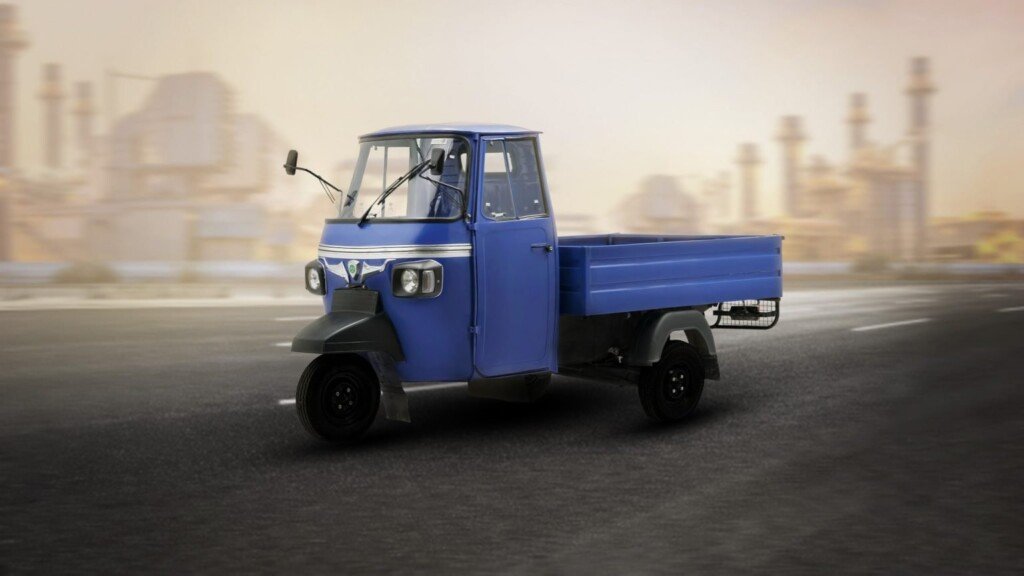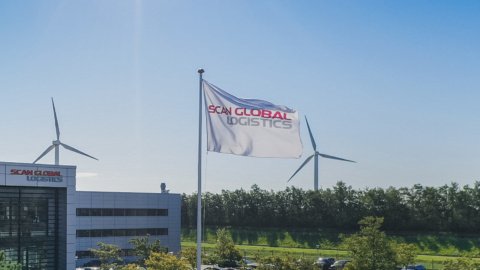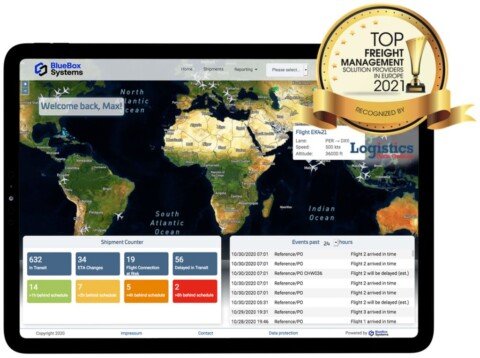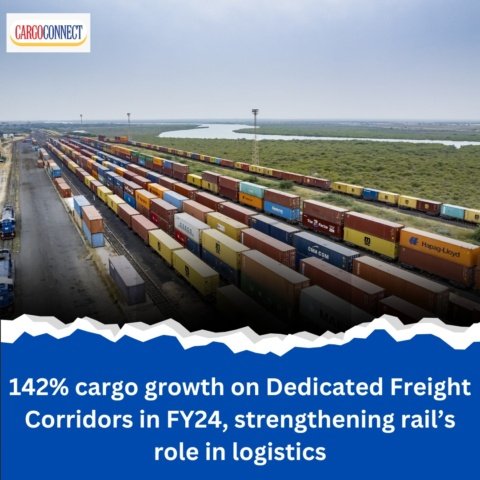In a bid to drive sustainable growth of intra-city and last-mile logistics, LetsTransport, one of India’s fastest growing tech logistics companies will augment its Electric Vehicle (EV) fleet to 1,000 by June 2022.
Having already commenced EV-led operations in Delhi-NCR, Hyderabad, Bangalore and Mumbai, LetsTransport will introduce EVs to its fleet in Chennai, Pune and Kolkata.
LetsTransport has already tied up with 8 OEMs towards strengthening the EV fleet across cities. Currently, the 100-vehicle strong EV fleet includes three wheeler vehicles from Piaggio, Etrio, ETO, Altigreen and Kinetic, with a payload capacity of 500 kgs and these operate either with fixed batteries and swappable battery systems. The new vehicles are expected to also include 4 wheelers with a payload capacity of upto 2 tonnes. The primary deployment of these EVs are in intracity, last mile logistics for ecommerce, retail, FMCG and 3PL distribution sectors. Some of LetsTransport customers include Grab, Amazon, Big Basket Delivery, DHL, Coca Cola and ITC.
Pushkar Singh, Co-Founder & CEO, LetsTransport said, “We are working with our customers to build cleaner and sustainable logistics solutions. With low operational and maintenance costs, we expect EV to play a pivotal role in intra-city and last mile logistics, and we are well prepared for it. In augmenting our fleet, we are also contributing to strengthening the EV ecosystem by enabling financing of EVs, setting up charging infrastructure as well as enabling a marketplace for resale of EVs in the near future. This in turn will encourage more driver-entrepreneurs to move to EVs as it becomes a more profitable asset.”
LetsTransport is also committed towards strengthening the EV ecosystem in the country by enabling finance for vehicle owner-operators, educating potential entrepreneurs on the commercial benefits of electric vehicles and contributing to the charging infrastructure. It is an established fact that the cost of operating a commercial 3-wheeler EV is around 20% of equivalent traditional ICE (internal combustion engine) vehicles. While the EV ecosystem is still at a nascent stage, the sustainability impact and operational costs of EVs are key drivers for early adoption in the logistics sector.







